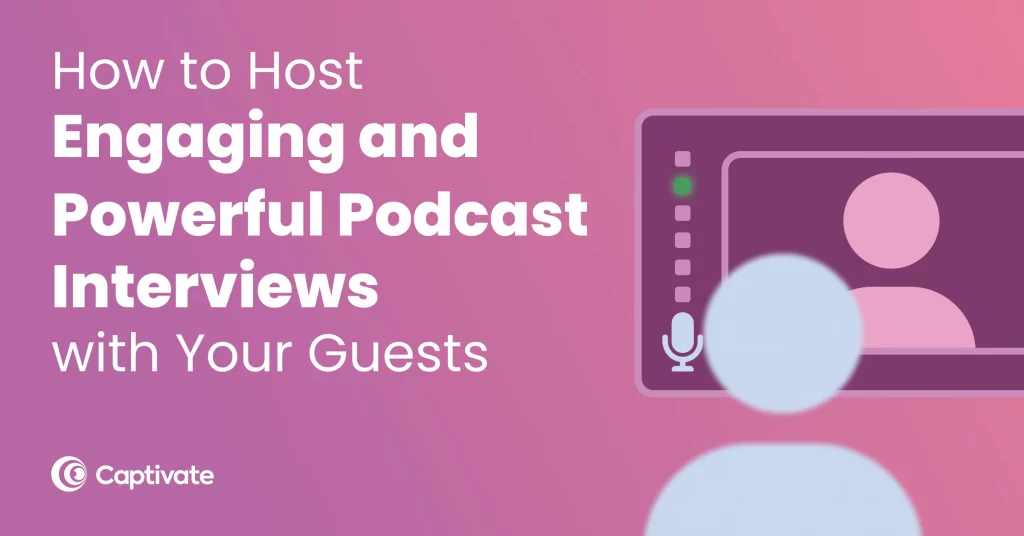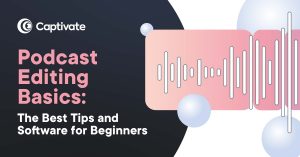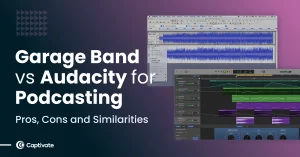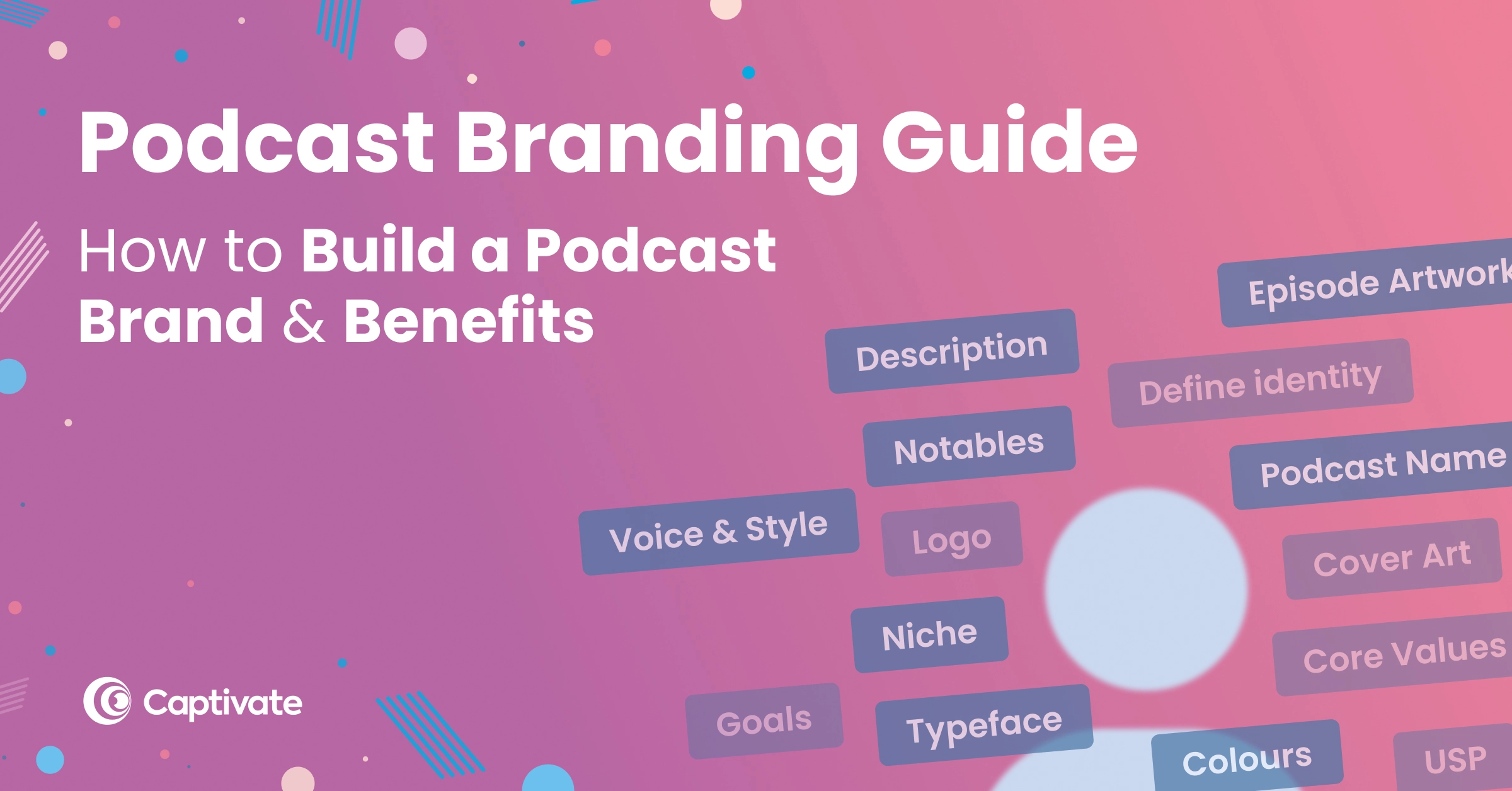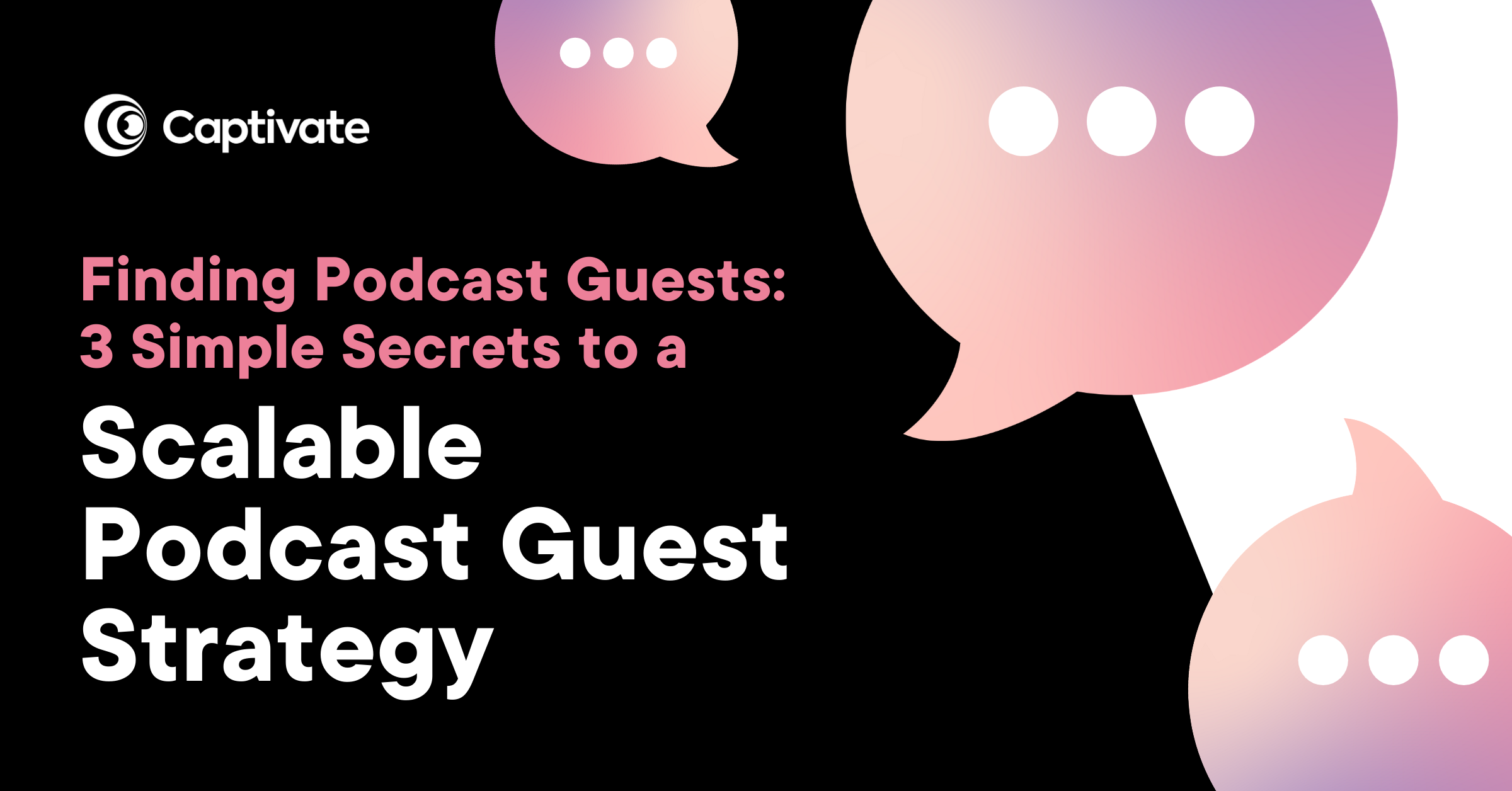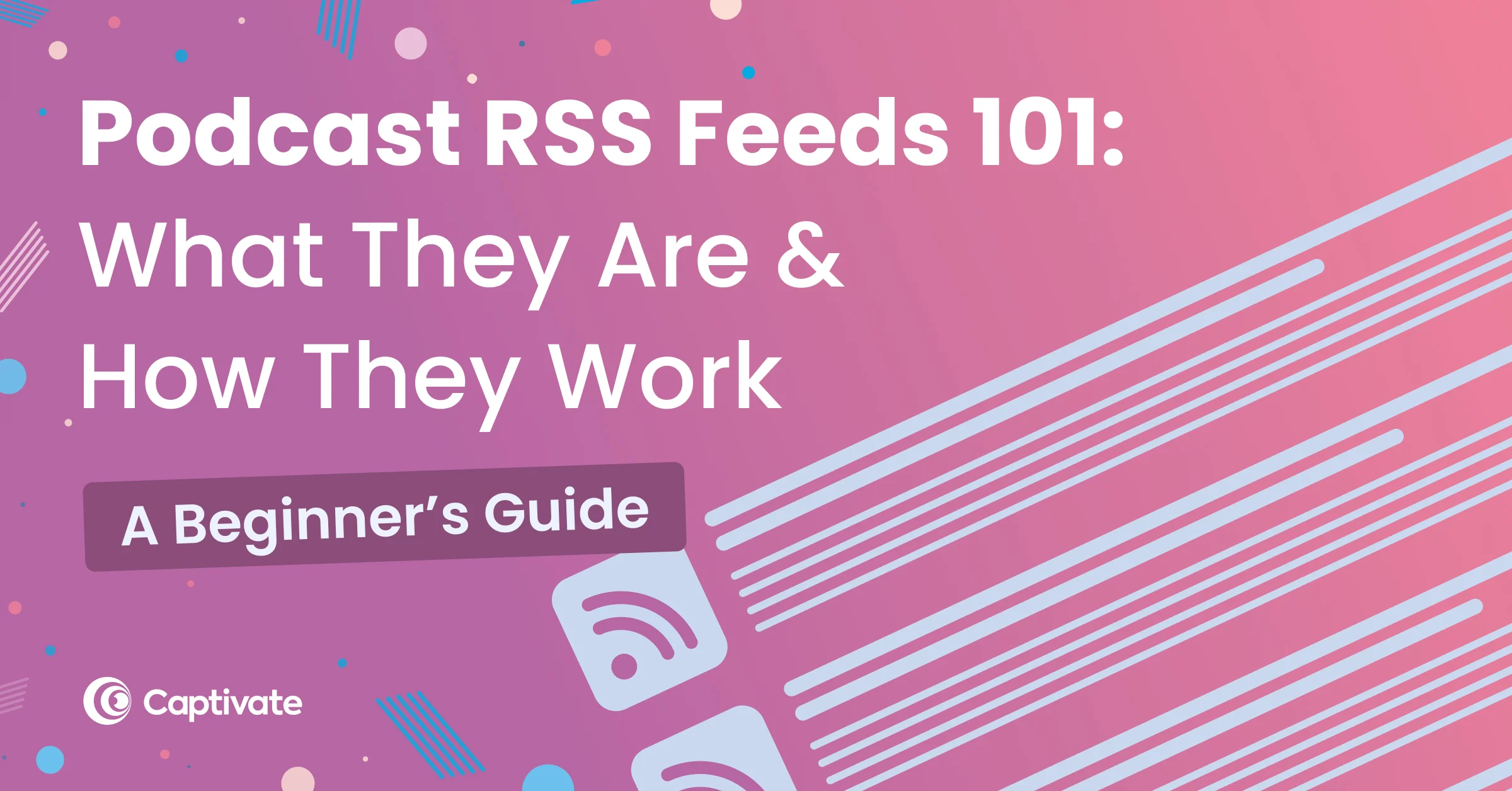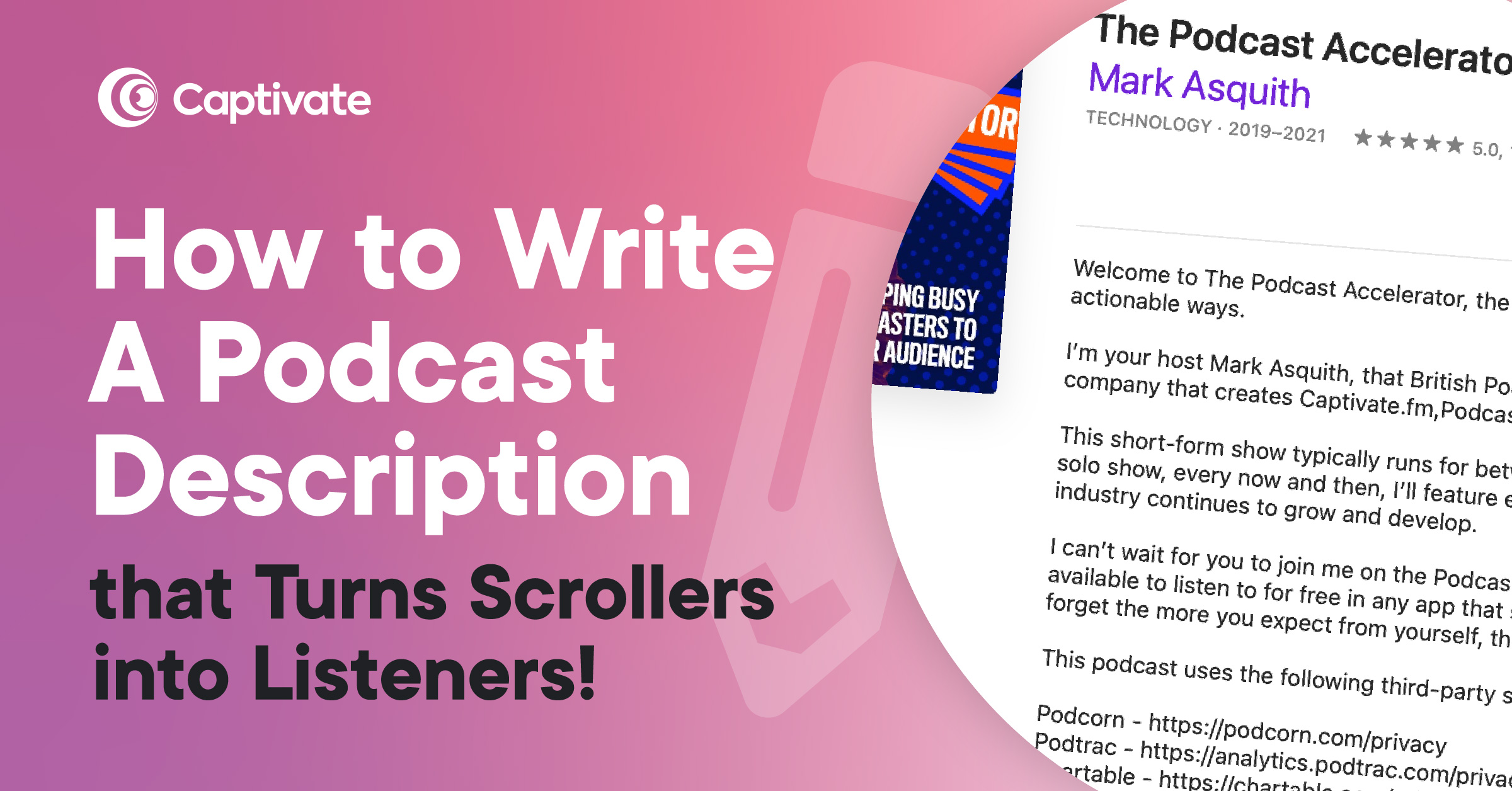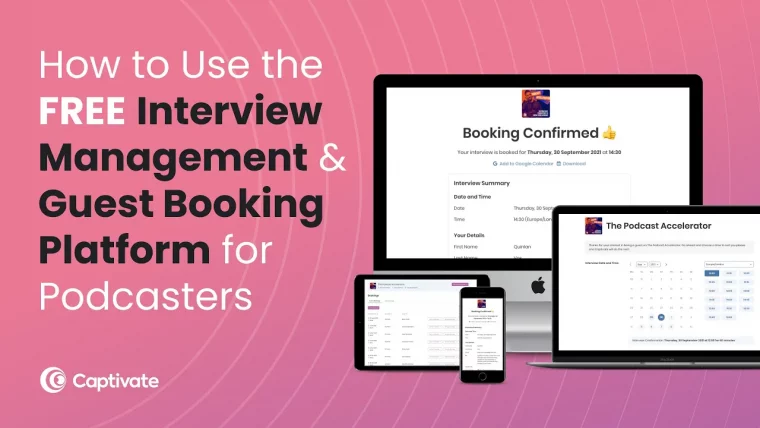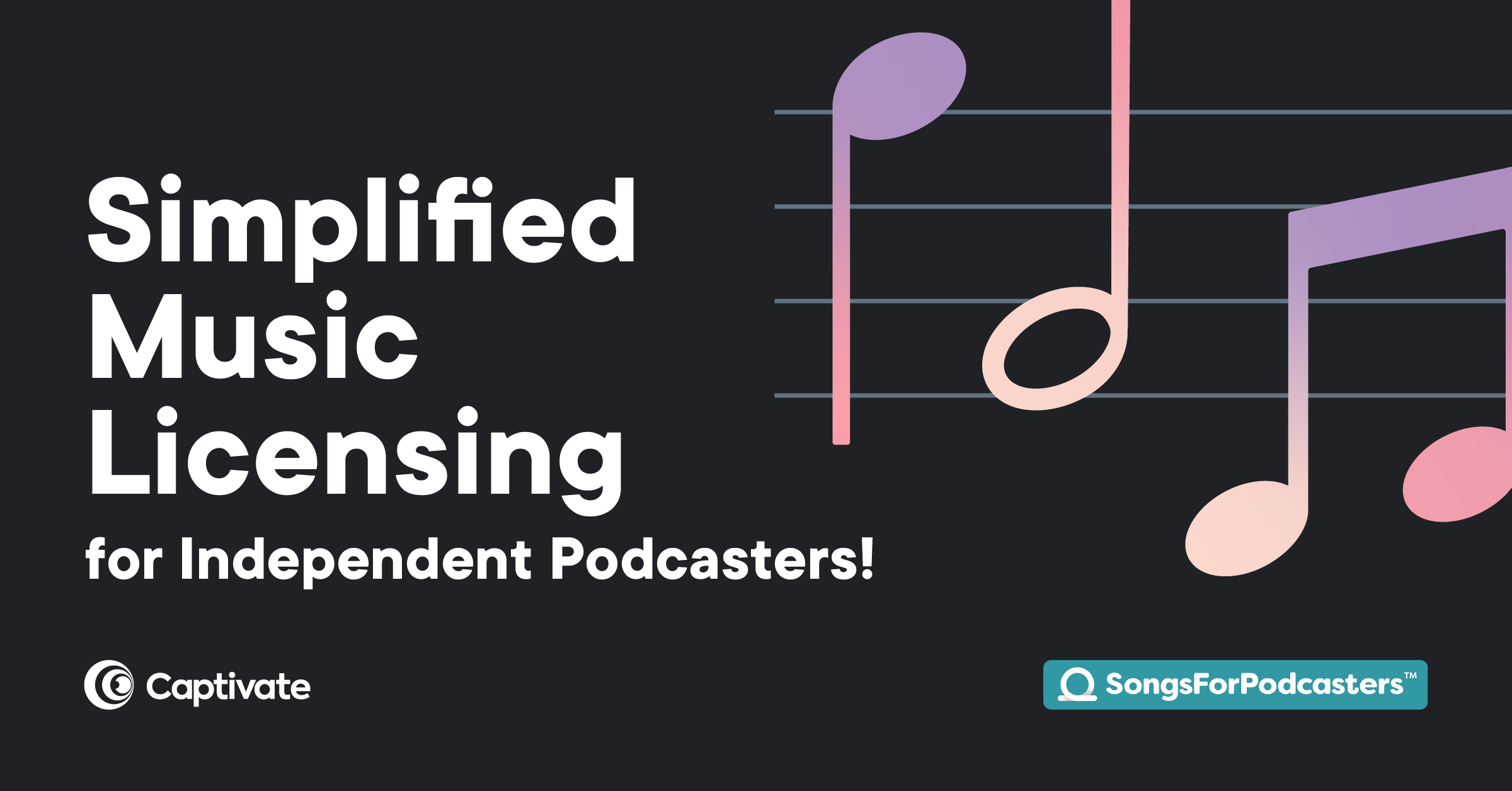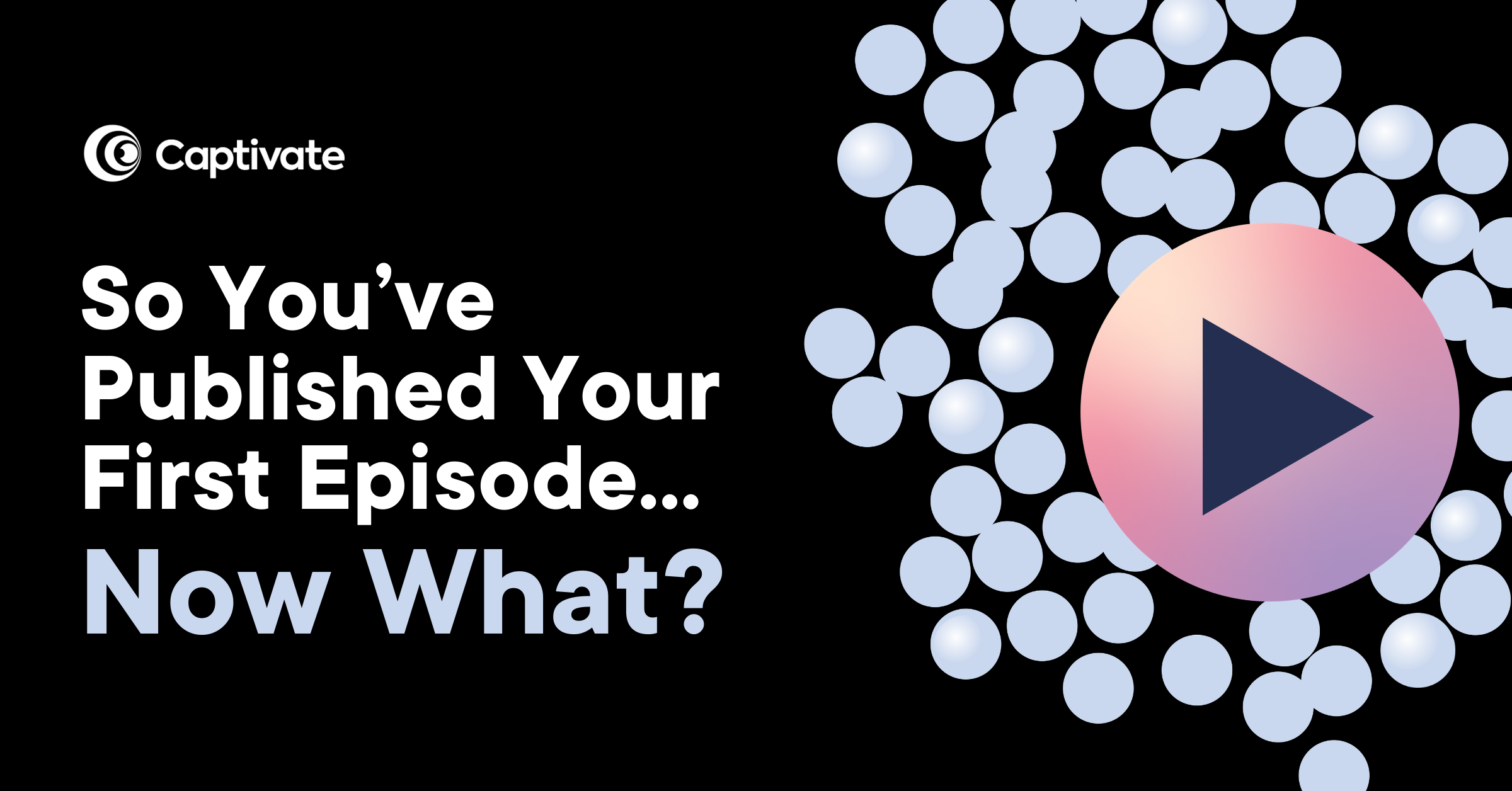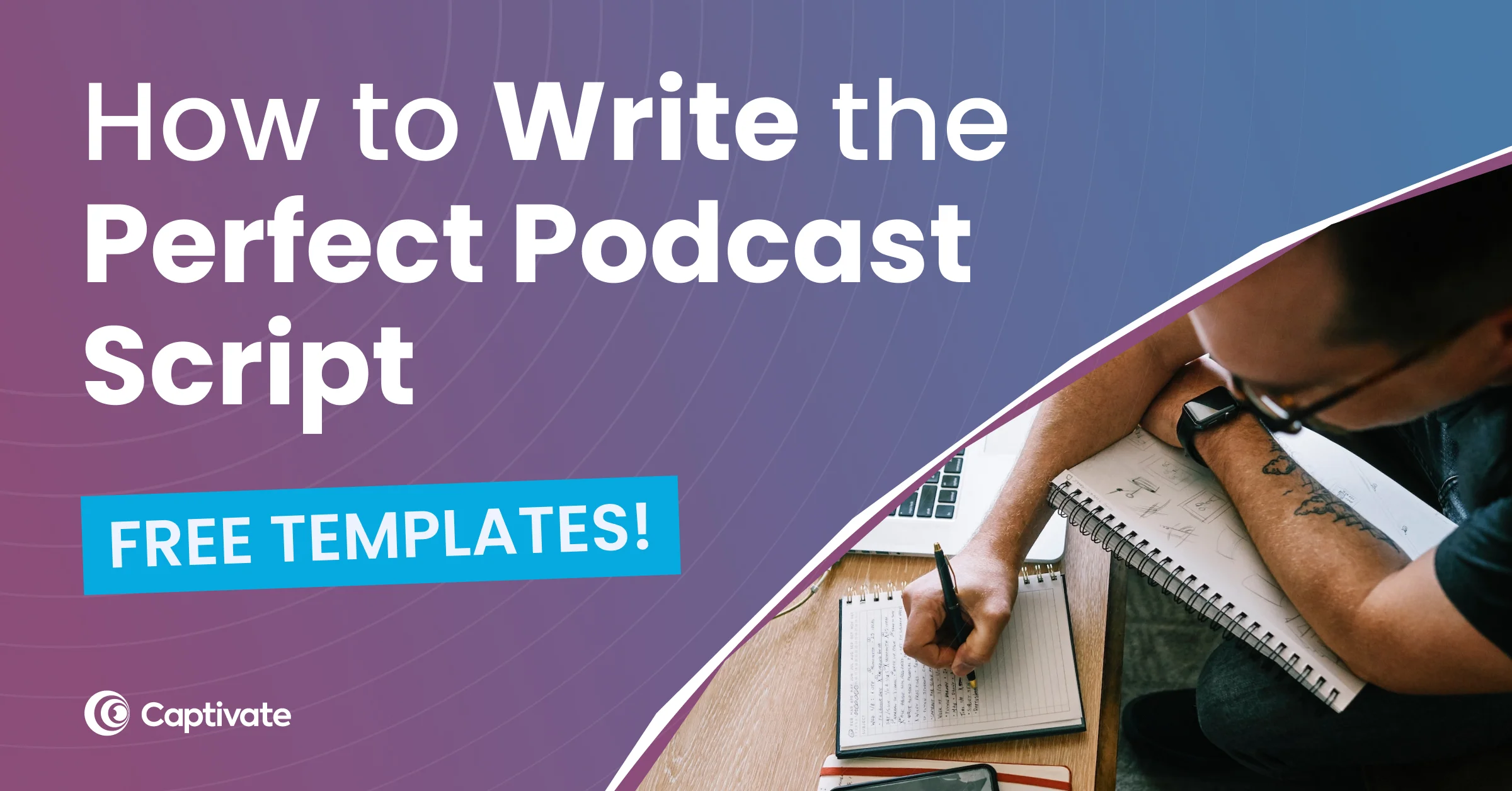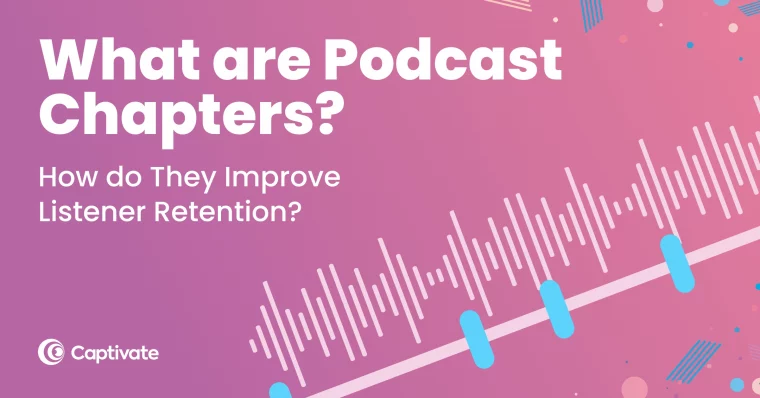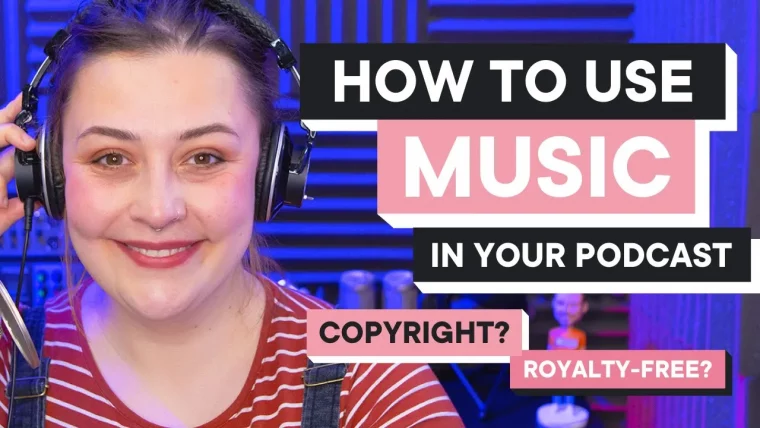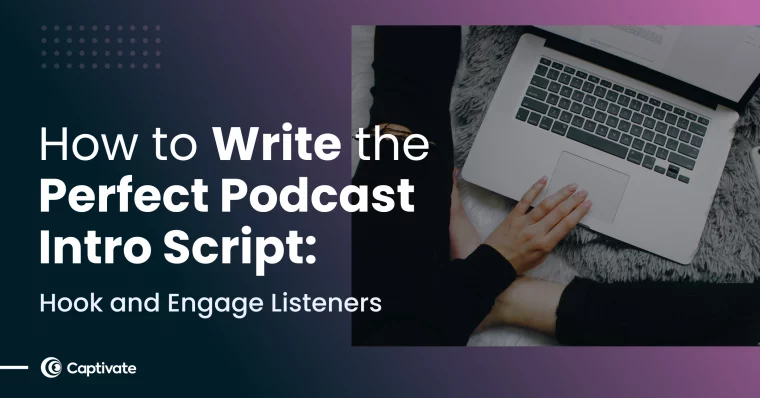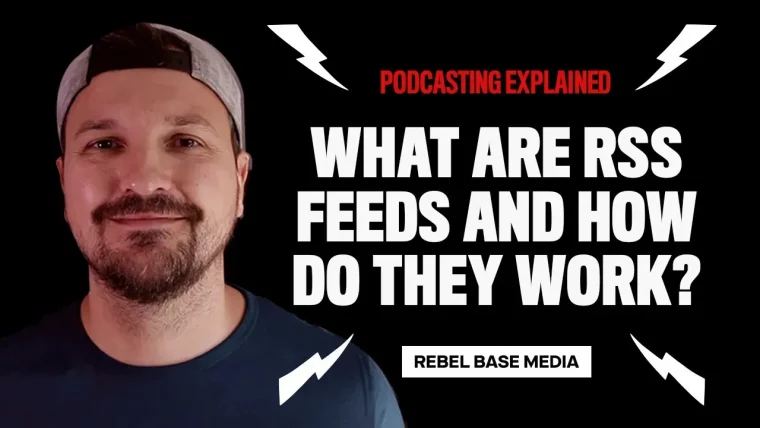These days, you’re as likely to find out something interesting about a celebrity or expert on a podcast interview as you are on the news. But how can you become a stellar podcast interviewer? In this article, we’ll look at how to prepare yourself, how to find and prepare your guests, and what equipment you’ll need.
In this article...
What is a podcast interview?
A podcast interview is exactly what it sounds like – an interview, wherein the host asks questions of a guest, on a podcast episode. They’re one of the most popular formats for a podcast, given that the format of interviewing a different person each episode is an easy way to make sure your podcast is varied and you’re never struggling for content.
Why are podcast interviews important?
Podcast interviews are important because they provide an intimate space to have a conversation with a celebrity, expert in a given field or someone who has an important story to share. As a podcaster, you can create a comfortable, relaxed atmosphere where honest and open conversations can happen with guests. The divide between journalists asking questions and ordinary people sitting at home has vanished, and now it’s our turn to ask our questions and get our voices heard.
What makes a good interview podcast?
An interview show lives and dies by the strength of the interviewer – it’s all on you. So what do you need to do?
- Research
You need to make sure you’ve read up on your guest so that you can ask informed, engaging questions. This includes listening to any other interviews they’ve done, so that you can ask unique questions. Give people a reason to listen to your interview over the competition.
- Listen
A lot of interviewers will prepare a list of questions, and after they’ve asked each one they’re just thinking about the next one. This is, frankly, a terrible way to interview – you need to actually listen to your guest, think about their responses and ask follow up questions based on what they just said. Make it more of a conversation than a pre-scripted encounter.
- Put them at ease
The chances are, you’re not going to be grilling politicians about their latest policy mistakes, so you don’t need to adopt the combative, Jeremy Paxman-esque persona that a lot of people tend to associate with interviewers, especially establishment ones. Instead, make your guest as comfortable as possible – spend some time before the interview starts chatting, show them you’re grateful for them taking part, and just generally be nice!
How do I prepare for a podcast interview?
Other than the research we discussed above, another important point is to make sure your room is properly set up for recording audio. Make sure you’re not speaking into any walls, that there’s as much insulation as possible (if you don’t have foam insulation, as many cushions and curtains as you can muster will help) and that your microphone is about a fist’s width away from your face.
We can’t stress this enough – if you’re interviewing remotely, make sure to tell your guest how to set up their room too! There’s nothing worse than your audio quality being great, but your guest’s parts sounding like they were recorded on a toaster.
It’s also a good idea to do a test before you actually start the final recording – record some audio of both yourself and your guest to make sure everything works and sounds ok. You don’t want to get to the end of an hour long interview and realise your guest’s mic wasn’t working properly.
How do you sound good in a podcast interview?
Technical considerations aside (if that’s what you’re looking for, we have an in-depth guide on how to record podcasts remotely), the trick to sounding professional as an interviewer is to be confident in your questions, while also being entirely open to having your perspective changed. You have to be clearly there to listen to what your guest is saying – if not, your lack of interest will be palpable to your audience. With this in mind – and it perhaps goes without saying – never talk over your guest! Give them the time and space they deserve to answer honestly.
Are podcast interviews scripted?
It’s important to research your guest and go into the interview with a good list of questions, but it’s important to strike a balance between this preparation and ensuring that your conversation flows naturally. Make a point of responding to points raised by your guest rather than just waiting for them to finish their answer and asking your next question – it will make for a far more dynamic interview.
How to start a podcast interview
This obviously depends on your podcast and who you are interviewing, but if you’re stuck and need some inspiration here’s an example of how you can start a podcast interview:
Hello everyone, and welcome to [PODCAST NAME]. This week we have an awesome guest for you. Their name is [GUEST NAME] and I have invited them onto the podcast to talk about [TOPIC]. Before I get them onto the podcast episode, here’s a little bit about them, [GUEST BIO].
Hello [GUEST NAME], great to have you on the podcast…
With Episode Planning you have access to your guest information (like their name, bio and pronouns), plus private production notes and research links when you’re ready to hit record. You can also dynamically pull in information that your guest has filled out (using the Guest Booking tool) directly into your show notes when you’re ready to publish:
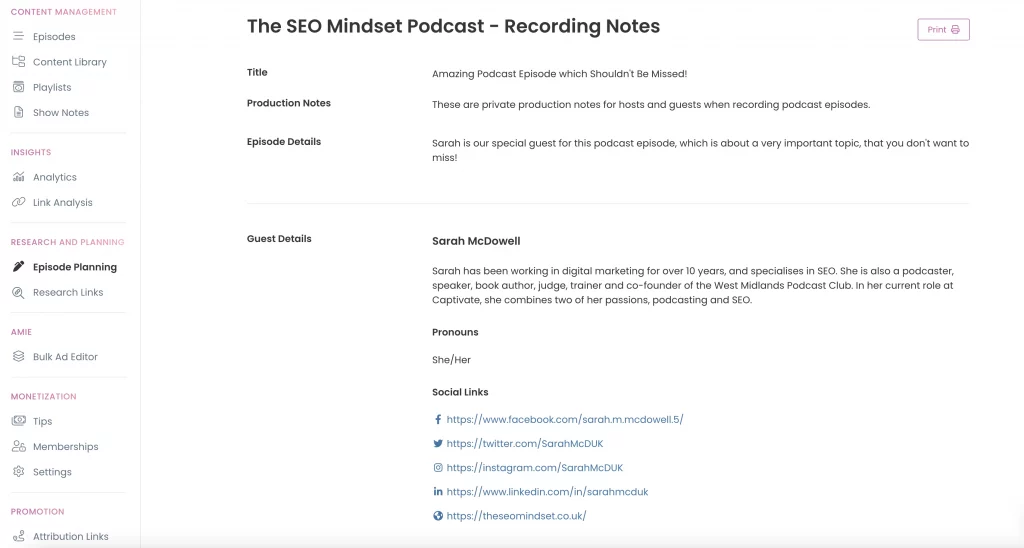
Captivate recording notes with Production Notes and Guest Details
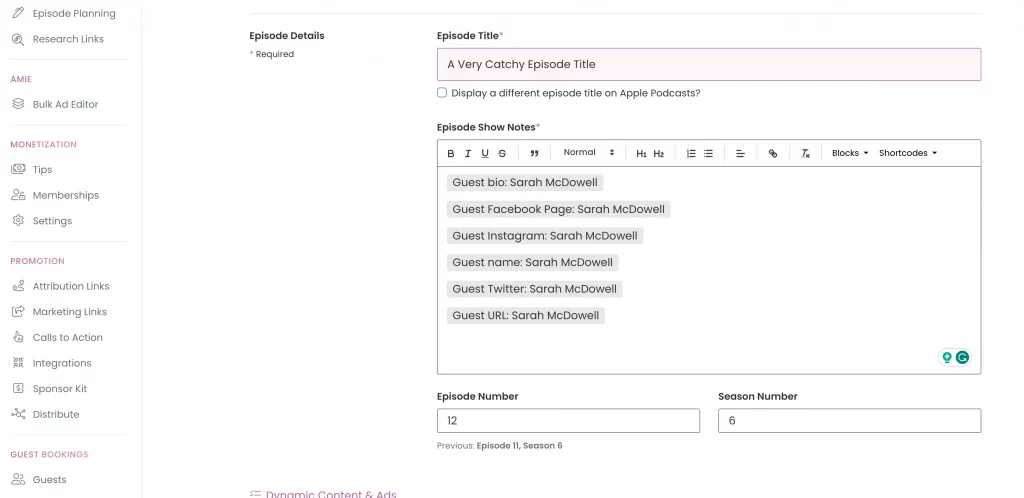
Many podcast hosts record introductions to guest episodes separately, and not when the interview is taking place. This makes the interview much smoother and makes your guest more comfortable. Also, if you record the introduction after the interview has taken place, you can pull out key takeaways in the introduction to the episode, for your audience to listen out for.
Podcast interview tips
- Choose interesting guests
You want to interview celebrities, musicians, industry leaders or experts – not just your friends. Whatever your topic, ask to interview the most engaging people related to it or someone who has either an important or interesting story to share.
- Avoid Yes/No questions
You want to ask open-ended, conversation-starting questions. Don’t say: “Did you form the band when you were young?”, say “Could you tell me how your band got started?”
- Allow your guest time to prepare
Send your guest questions in advance so that they can prepare for them. This is totally optional, but it helps to put them at ease and prepare answers with supporting evidence etc. Also include some information about your show – what kind of vibe you’re going for and who your audience is.
- Ask for feedback
Ask guests for their feedback on the interview and learn from the constructive criticism that you receive. Use each interview as an opportunity to hone and improve your interview skills. Ask them what worked well, and ways that you can improve next time. Get feedback for the whole process from beginning to end.
- Express gratitude
Make sure you express your gratitude to guests for spending time being interviewed on your podcast. Sending them a thank you afterwards can help to build positive relationships and lead to further collaborations or opportunities.
Effective interview techniques to engage interview guests
- Be reactive
Respond to your guests’ questions – ask them why they feel a certain way, or explain something in more detail. If they say something particularly interesting, dive into it with further questions.
- Show your interest
If you’re interviewing a band, don’t be the 50th person to ask them where their name comes from. Do your research and ask informed, personal questions – “on your second album, what did this lyric mean? Is it related to this thing I read about which happened to you?”
You can apply this principle to every kind of guest!
- Empathise with them
Try and respond to a guest as you would a friend – if they tell you something that happened to them, share something similar that you went through to forge a connection. Don’t make the interview all about yourself, but showing that you understand and can commiserate with them can bring about a much more personal interview.
How do I find and invite guests for my podcast?
This depends on what kind of show you’re running – as a general rule, if you want to interview someone, reach out to them on social media, or via email and ask! You may also meet someone at an industry event that you can ask in person. It’s always a good idea to include a personal message about why you want this person on your show, so they can see it’s specifically them you want to interview, not anyone who’s willing to fill a slot on your calendar.
If your podcast is about a particular niche or topic, another good way could be to make a post on a forum, blog or subreddit about that particular thing.
Don’t miss out on opportunities by thinking that someone is too influential or well-known in the industry to ask them to come on to your podcast. Put yourself out there and don’t be afraid to ask. There are only three potential outcomes: you don’t hear back from them, they say no or they say yes.
What equipment do I need to interview on a podcast?
We’ve covered gear endlessly on our Captivate blog such as best podcast headphones, podcast equipment essentials and best podcast microphones. However, as a quick recap- the essentials you need are:
- A mic
- Something to record into (a laptop or computer, ideally)
- A Digital Audio Workstation, or DAW (This is something like Audacity or Garageband, software to record into)
It would be good to also have:
- A shock mount
- A pop filter
- Some acoustic treatments
- An interface
How to do a podcast interview in person?
If you’re going old-school and want to interview your guest in person, you’re going to need a couple of good quality microphones, a DAW which accepts two inputs simultaneously, a computer and an interface.
In terms of which DAW to use, something like Adobe Audition or Logic Pro will support two microphone inputs at once. A lot of the more budget options, like Audacity or Garageband, will only support one microphone at a time, which is no good when you’ve got a guest.
How to do a podcast interview remotely?
We have a full guide on recording podcasts remotely– the main thing we’d recommend, over and above the list above, is a purpose-build video conferencing and recording solution. Your main three options are Riverside, Zencastr and SquadCast – they’re all good, and they’re ranked by pros and cons on our in depth guide.
It’s good to use that kind of software as it means your method of contacting your guest and of recording the interview are compounded into one neat little product, and all three save yours and your guests’ tracks locally, so that there’s no chance of lag disrupting your recording.
How to handle technical issues during a podcast interview
Tech gremlins come for us all at one time or another. All you can do is apologise to your guest and try and get it sorted as quickly as possible. Remain calm, professional and polite and just do what you can with the situation. Real journalists remain stoic in the face of adversity, and as a podcast interviewer, you’re a real journalist.
Another article we think you'd like...
Reading Time: 7 minutes In this complete beginner’s guide, we take you through what podcast editing is and how to approach it. We share our 3 golden rules and top 4 recommendations (both paid and free) for quick and simple editing.
If you can’t fix the issue during the interview, simply explain to your guest that you’ll have to reschedule your podcast interview. This happens more often than you probably think! Having technical issues doesn’t make you a bad host or interviewer, as some issues are completely out of our control.
FAQs
- Do people get paid to be interviewed on podcasts?
Maybe in some circles, but you shouldn’t be paying guests to come on your show, whatever they tell you. Even big celebrities generally do interview spots as part of a promotion run rather than for direct payment.
- Is there an ideal episode length for interview podcasts?
There isn’t a hard and fast rule how long your interview should be: it should be based on what your target audience can work with. Do some research into your demographic – if they’re a 30-something professional with kids, maybe a 20 minute episode would be great for their commute.
It’s very important to ensure that there’s enough time for the conversation to develop and for you and your guest to build up a rapport. Your interview can’t be too short, or you won’t get to the good stuff.
- What should I do if a guest cancels or reschedules at the last minute?
These things happen. You just have to roll with it – make sure to remain polite to the guest at all times, as you’re representing your personal brand. If you need an episode recorded that day, you might have to go solo or see if any of your other scheduled interviewees can be flexible.
- Who are the best podcast interviewers?
The most famous podcast interviewer ever is Joe Rogan. He’s amassed a huge following, interviewing people all over the political spectrum and experts in every field. His free-form, hours-long conversational style probably wouldn’t work for everyone, but he’s done pretty well with it.
Some more successful podcast interviewers are, Lex Fridman, Deborah Frances-White, Nicole Byer and Steven Bartlett, all of whom interview influential and interesting guests, and cover important and engaging topics
Takeaway
Anyone can be a great podcast interviewer – you just need to read up on your guest and make sure to ask engaging, interesting questions. With the plethora of interview shows out there, you need to stand out. There’s no use asking the same question your guest has already been asked on five different podcasts, make the interview worth their time and yours.
Be friendly and ask open-ended, well-researched questions and you’ll be sure to produce a quality interview, whether it’s remote or you’re in the room with your guest.

